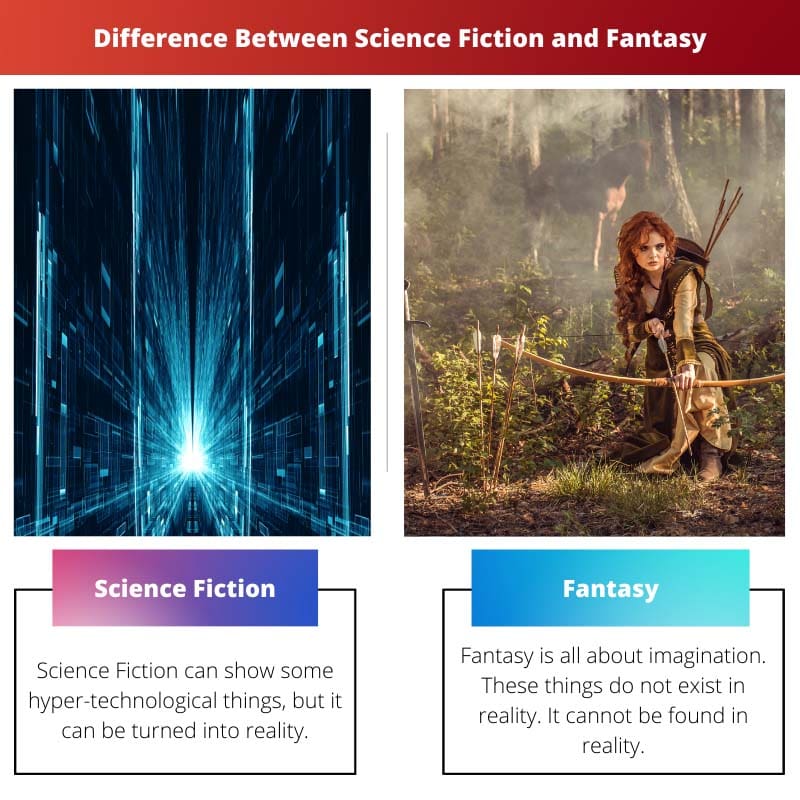
Science Fiction vs Fantasy Difference and Comparison
Key Differences Fiction is a broad literary genre encompassing any work of narrative literature that is created from the imagination, rather than based strictly on history or fact. Fantasy, on the other hand, is a subgenre of fiction that delves into supernatural, magical, or otherworldly elements. Tayyaba Rehman Oct 27, 2023 5
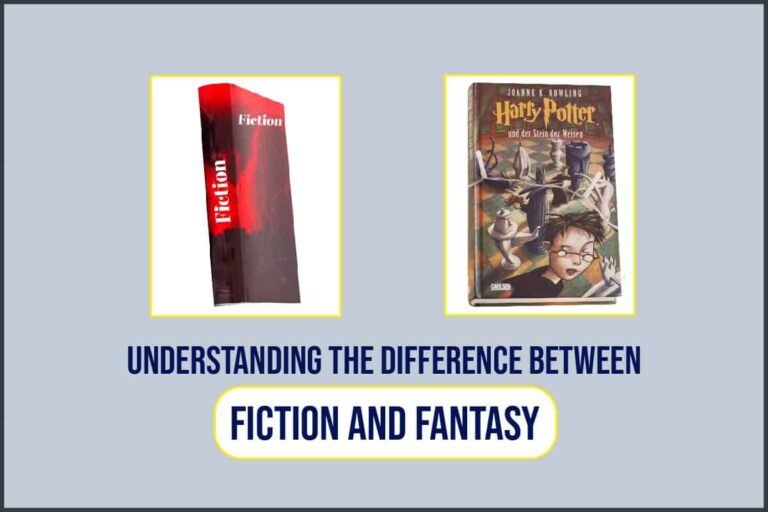
Understanding The Difference Between Fiction And Fantasy
Fantasy is an older genre of literature than science fiction; in fact, fantasy is arguably the oldest genre. If we look back at the earliest surviving stories from human civilisation such as the Sumerian Epic of Gilgamesh or the ancient Greek myths, we find stories of gods, monsters and magic.

SciFI as a Genre Sci fi, Infographic, Science fiction
For many readers, literary fiction provides desperately needed escapism so they can endure the difficulties of everyday life. Even when conjured characters inhabit a recognizable world and speak to the human condition, fictional stories can pull readers out of their own heads. This effect is even more pronounced in the fantasy genre. Untethered from scientific and societal laws, and limited.
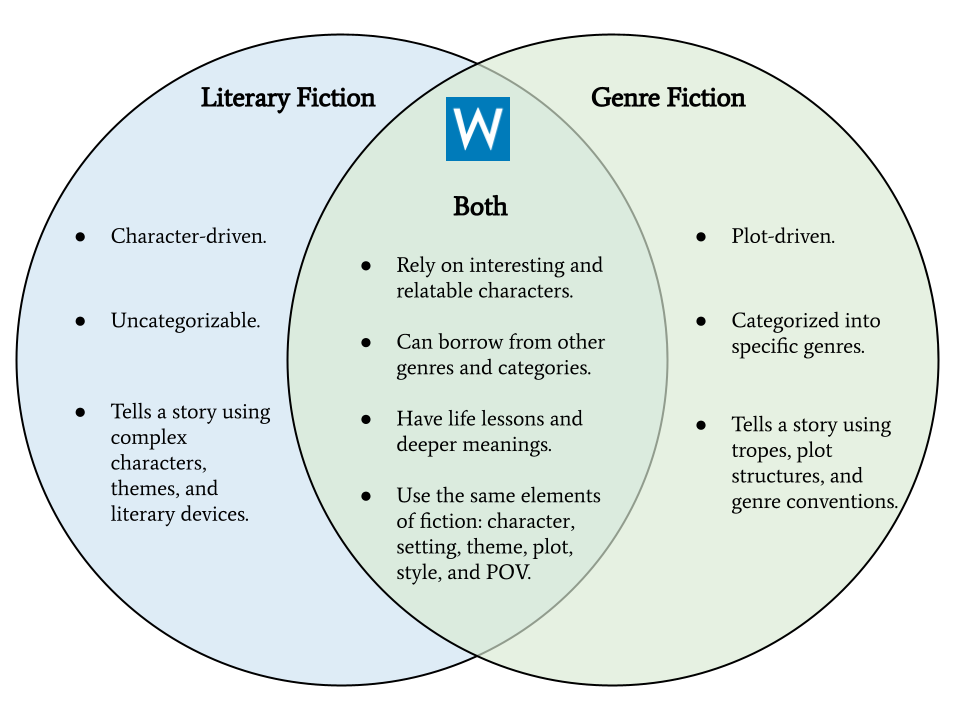
Literary Fiction vs. Genre Fiction Definitions and Examples
On the other hand, fantasy refers to a genre of fiction that typically involves supernatural or magical elements. This can include stories about dragons, wizards, and other fantastical creatures. While both fiction and fantasy are forms of storytelling, they differ in their approach.

Fantasy vs. Science Fiction Which is Better? Adare Elyse
Difference between Fiction and Fantasy. Fiction and fantasy are two genres of literature that are often confused. Fiction is a genre of literature that deals with imaginative and imaginary stories. It is often based on real-life events but the story is not true. Fantasy, on the other hand, is a genre that deals with supernatural elements such.

What is the difference between scifi and fantasy? Collider YouTube
Definition of Fantasy. Fantasy is a genre in literature that includes magical and/or supernatural elements as part of the plot, setting, or theme.Mythology and folklore often play a strong part in fantasy literature. There must be an internal consistency to the magical elements in a work of fantasy and a logic that, if not completely explicable, is understood to be reality by the characters.

CONTRARY BRIN The Difference Between Science Fiction and Fantasy?
Fantasy vs. Science Fiction. While both fantasy and science fiction contain similar elements such as including elements of exploring the unreal and imaginary, these two genres have a distinct difference. In science fiction, the author focuses on the power of future technologies and the sciences in his plot.

Fantasy vs. Science Fiction vs. Dystopia What’s the difference? What’s the purpose? [PPTX
Look closer. He's bulletproof, can fly, is super strong and fast, with X-ray heat vision, freezing breath, and super hearing. Superman's powers break every law of physics with no explanation other than the fact that he's an alien. Clearly then, Superman must fall within the mysterious genre of fantasy.

3 differences between science fiction and fantasy genres Barely Hare Books
If fairy tale covers a vast territory, fantasy is an even broader umbrella term; it gives shelter to sci-fi, porn, ghost and vampire stories, Gothic fiction — both from the past and its newer guises — steampunk, many computer and role-playing games — and even fancy dress.
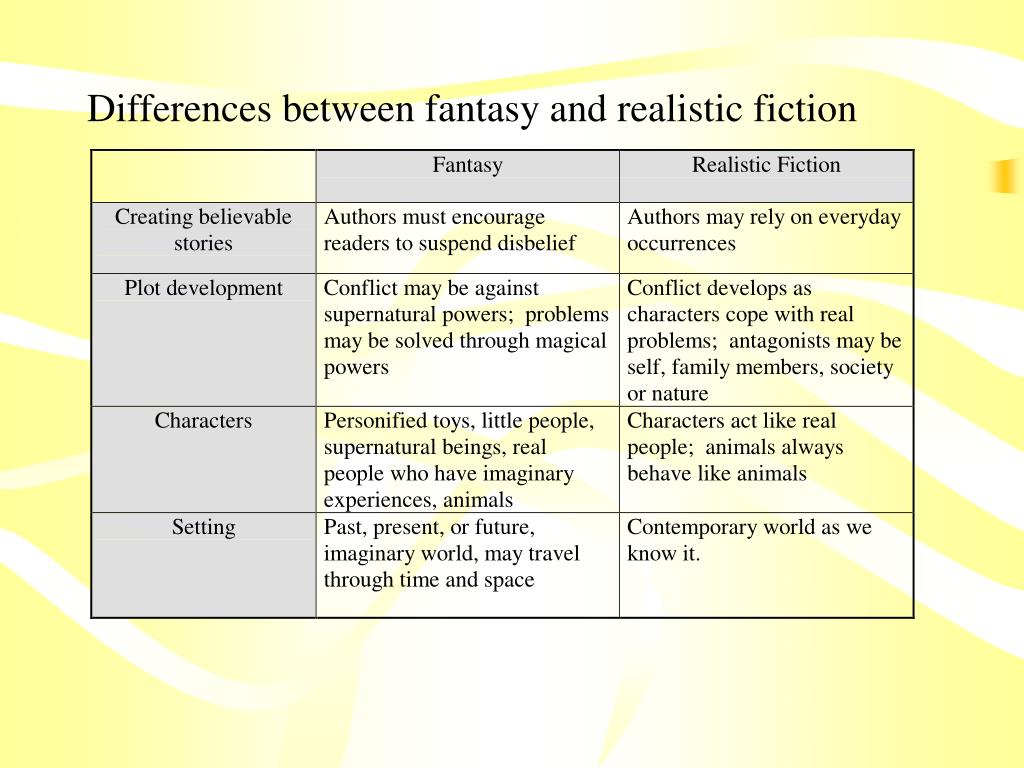
PPT You can’t fly. You’re a TOY! PowerPoint Presentation, free download ID4735490
1. Fiction is closely connoted with unbelievable science and advanced technologies, whereas fantasies are linked closer to an archetypal landscape that is culturally influenced, like the concept of dragons. 2. Fiction is intended to be understood, while fantasies are more concepts to be loved and cherished. 3.
The difference between fantasy and science fiction, syndicated from nownovel
Fiction refers to literature created from imagination, not necessarily reality, while fantasy specifically features magical or supernatural elements. Key Differences Fiction encompasses any narrative work where events and characters are imaginary, not bound to reality.
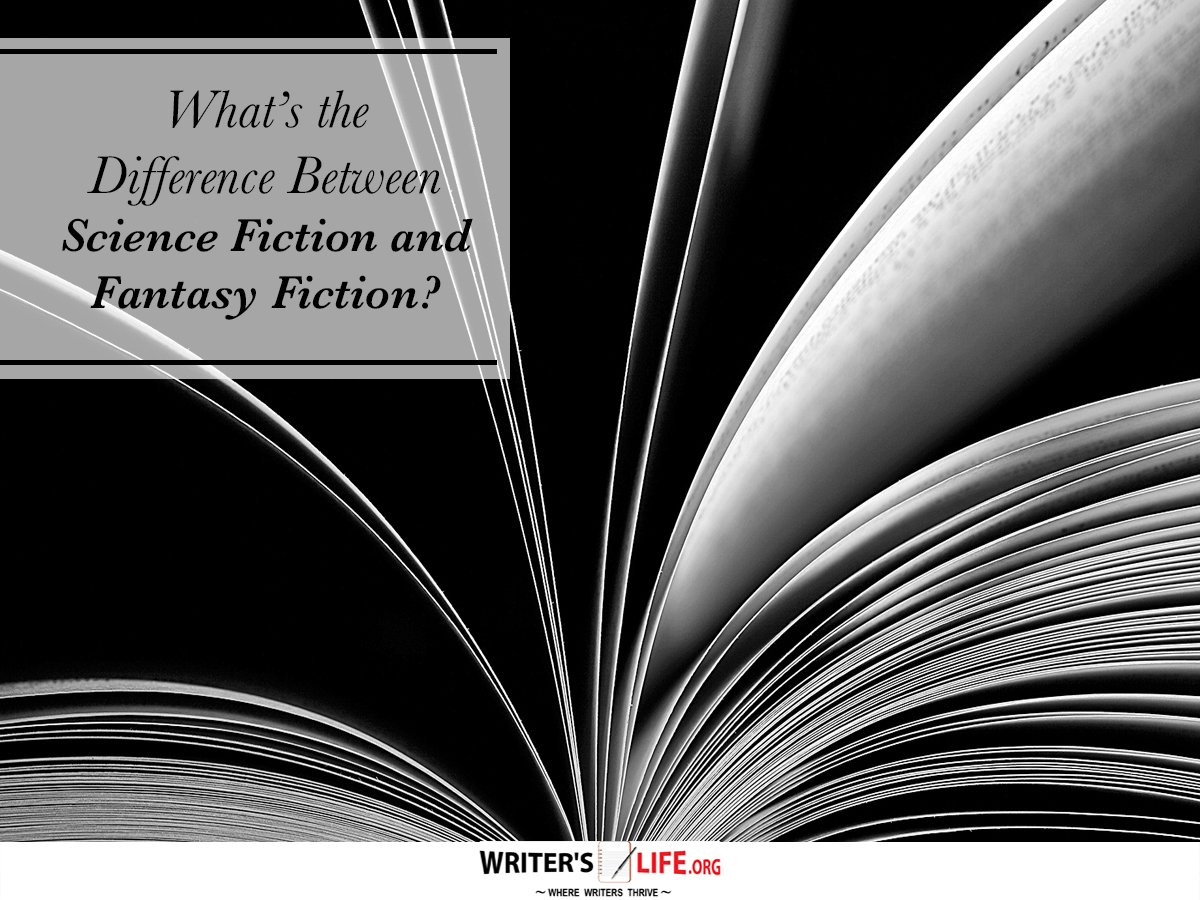
What's the Difference Between Science Fiction and Fantasy Fiction? Writer's
Fantasy is a genre that often takes place in a fictional world, and often involves magic, mythical creatures, and ancient legends. The stories in fantasy often revolve around good vs. evil, and the characters often have to go on a quest to save their world from an evil force.

Anchor chart for fantasy vs reality Reading and Writing Anchor charts first grade, Ela
Fiction Fantasy Major Differences Between Fiction And Fantasy Which Is The Oldest? (Fiction Or Fantasy) Similarities Between Fiction And Fantasy What More Is There To Know About Fantasy? Conclusion Fiction Fiction is untrue and only happens in the mind of the writer. Its characters, diction, and rhythm are not directly related.

Differences between Science Fiction and Fantasy
The style of writing is another meaningful difference between fiction and nonfiction. The author's style may be poetic, descriptive, or use a unique voice in fiction. The author may use dialogue, symbolic language, and other literary devices to enhance the story's style. In nonfiction, it is the writer's responsibility to maintain clarity.
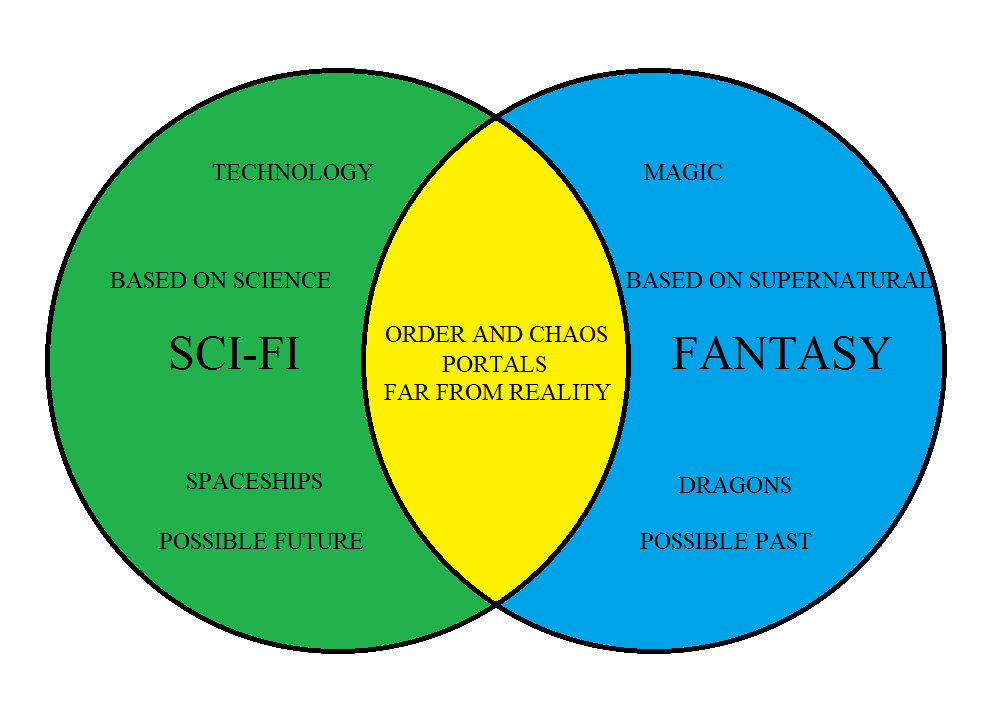
Sci Fi Vs Fantasy by tom091178 on DeviantArt
Generally speaking, fiction, as opposed to fantasy-fiction, writing tends to focus on stories that are possible, rather than completely impossible. This means readers can imagine themselves entering into the story, and even form a strong, empathic bond with the characters in the narrative as it unfolds.

What is Soft Sci Fi and How Does it Differ From Hard Sci Fi?
A brilliant novel about a terrifying new virus. Sound familiar? This novel was written pre-covid, demonstrating how science fiction can be so grounded in reality, that it often has a predictive quality. The Secret Deep By Lindsay Galvin